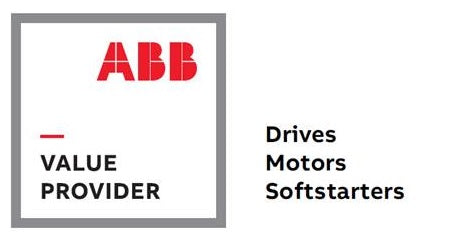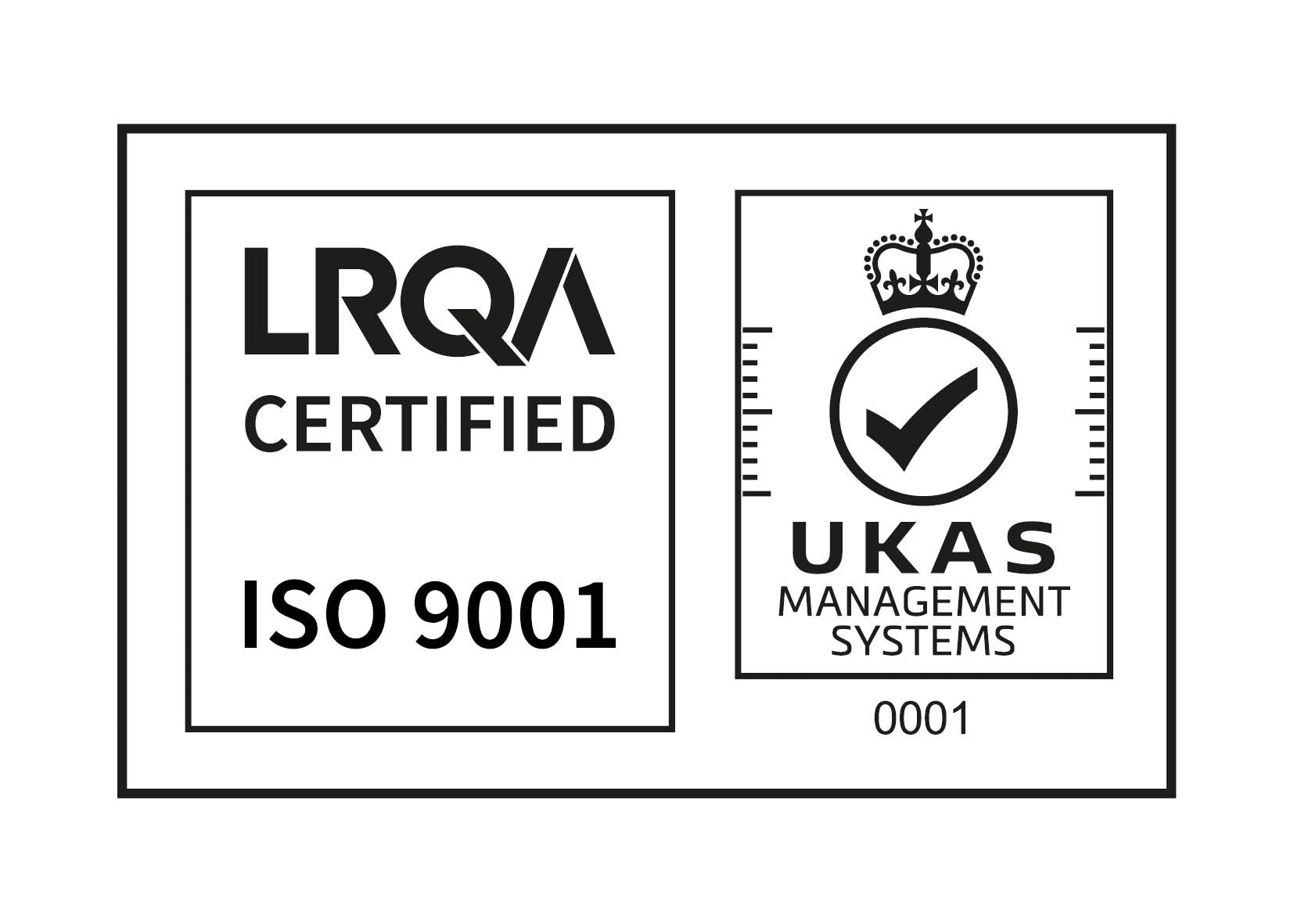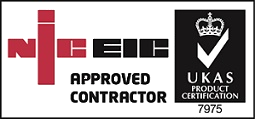Case Studies : Food & Beverage

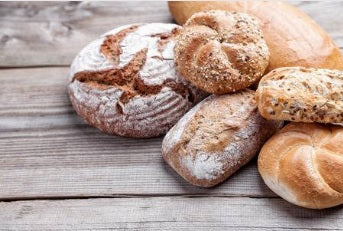
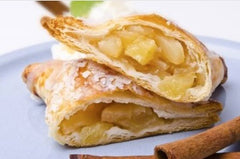
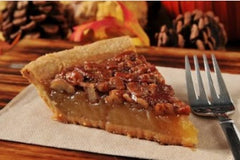
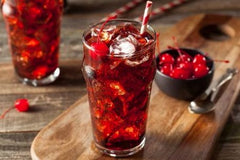

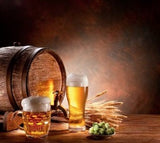
The food & beverage industry has benefitted immensely from variable speed drives and the additional control they have provided for production lines.
VSDs controlling blast chiller bays operating 24/7 have saved a poultry company in Lincolnshire 30,000k per annum in energy costs. Cherry Valley Farms processes 45,000 Pekin ducks per day, using air blown over coils of ammonia to produce blasts of extremely cold air. Introducing 20 ABB HVAC drives to their process - 2 drives for each blast chill bay, yielded a 25% energy saving during production (by running the motors at 45Hz) and a 60-70% energy saving outwith operating hours (achieved by slowing the motors to 30Hz). The fans can't ever be switched off completely as this would cause them to ice up.
Pizza hut saw an 85% energy saving when their Watford Dome branch put ABB component drives on an extractor fan motor and supply fan on their cooker hoods. The payback time was only 18 months and the new system also monitors CO2 level in the kitchen space to initiate air extraction should levels increase. Running for 13 hours a day at full speed the fans had previously been using 35 - 45kWh.
And if you're producing 200,000 meat pies a day, inverters can take a large piece out of your energy costs. Poole's Pies in Wigan was keen to reduce its energy costs and be more efficient. A new production line had prompted this decision, with the installation of a spiral freezer, which was provided with refrigerant by a 315kW screw compressor. Refrigeration can account for 70-80% of a food manufacturer's electricity usage, but it's often an area in which savings can be made. By fitting ABB drives to both the condenser and the compressor energy usage was matched to actual demand. A simple act, but it saved the company £6,200 per annum on their energy bill and the drives had the added benefit of minimising harmonic interference on the screw compressor.
How many can you eat? The Weetabix Food Company has saved £28,000 per annum by using ABB drives on its Weetos production line (as well as achieving lower noise and heat levels in the production area). By fitting a total of eight ABB industrial drives, five general purpose drives and ABB low voltage motors ranging from 0.75kW to 250kW the plant also saw its maintenance and downtime costs reduced by £20,000 a year. The savings were made by adding drives and motors to the extruders on the production line. These extruders use up to 30% of the site's energy consumption, mixing and moving the product through the production process before finally cutting it into short lengths prior to cooking. In addition to better control of this process the installation of the drives also resulted in a more consistent product.


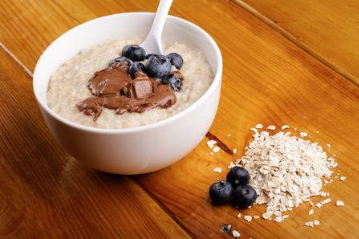

Sausage rolls, pasties & pies - imagine producing 5 million a week!
That's what Tamar Foods in Cornwall produces. With the plant's heating, ventilation and air conditioning (HVAC) system accounting for 15% of its electricity, the company was keen to see how ABB drives could improve the energy efficiency of its processes. The installation of 11 ABB inverters (ranging in speed from 15 to 45kW) which were retrofitted onto the the HVAC system, resulted in a saving of 23% on energy costs. Not only were the benefits realised in terms of energy savings, but also in increased motor life and reduced maintenance and labour costs. All accomplished within a payback time of less than 12 months.
As wily as a Fox's Biscuit! West Yorkshire is the home of the famous Fox's biscuits. Looking to achieve a 30% energy reduction the company turned to ABB to investigate its 10 Baker Perkins dough mixers - each of which is driven by an 18.5kW slip-ring motor. How could the energy use of the mixers be improved? Introducing an ABB motor, driven in turn by by an ABB vsd, achieved energy savings by driving the mixer at the appropriate speed for the product. It sounds simple, but a 30% energy saving was achieved. However, that wasn't all. The facility also gained the ability to run at the best speed for the product - thereby avoiding crushing delicate ingredients AND the motor now had greater torque, enabling the easier turning of harder doughs.
Ginsters Bakery - producers of over 3.5 MILLION pastry products a week. A truly huge production line! Keen to see if ABB drives could enhance its already slick production line, Ginsters called in an ABB AVP. Could they cut energy AND improve efficiency? Focusing on the refrigeration system which provided chilled water to the cold storage and production areas of the plant, it was decided that the installation of ABB drives would improve system stability whilst reducing power consumption. Reducing operational costs by 17% was good, but so was the improved stability of the chilled water pumping process.
Bairds Malt supplies 250,000 tonnes of malt annually to brewers & distillers. That's a lot of malt. And the processes used to supply it are sophisticated and efficient, but could they also benefit from ABB VSDs? A 15 tonne turner (trolley) agitated barley during fermentation. A single fixed speed motor controlled the operation. It was one speed - or no speed. Looking at the process, ABB installed an industrial drive controlling 4 gear motors. If a blockage was detected, the drive would reduce the speed of the motors - so the turner would have enough time to work its way through the obstruction. Previously an obstruction would have resulted in a blockage. These were reduced to zero, whilst the energy use was also cut by reducing the amount of work the gear motors had to do.
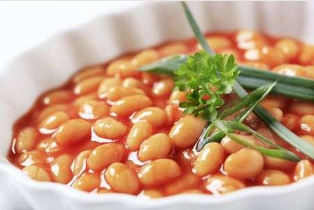


And as we all know beans mean - Heinz!
How many cans (of food, not just beans) do you think the Heinz factory in Wigan produces per year?
The answer? 1.3 billion!! This requires 100 tonnes of steam - every hour. It's used for both space heating and also the sterilisation of canned foods. Four boilers each have two gas-fired burners - fitted with fans - to push air into the frame. How do you save energy on this? By installing 8 ABB vsds (rated up to 55kW) on the production line. This varied the speed of the fans to control the amount of air injected into the process, altering the flame level to match steam demand. Previously the demand for steam had ramped up and down slowly, over several days and varied seasonally. The result?
- The energy centre is now 14% more efficient than previously.
- The drives are more responsive than mechanical dampers, which introduce a time lag.
- Reducing the energy consumption also reduced Nitrous Oxide emissions.
To find out how you can make significant savings on you energy call your local ABB AVP. See the listing of ABB Authorized Value Providers for drives.
Filter by UK - Drives - Service Provider. You're stronger in the alliance.

